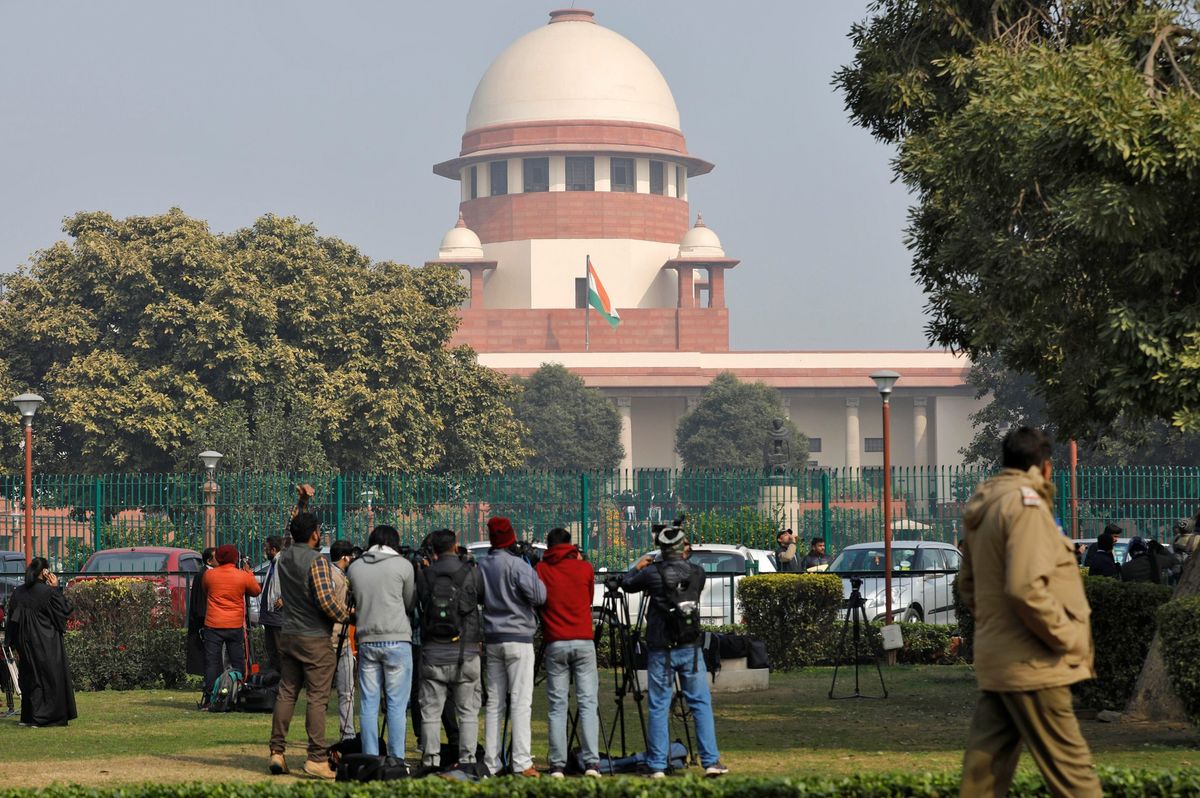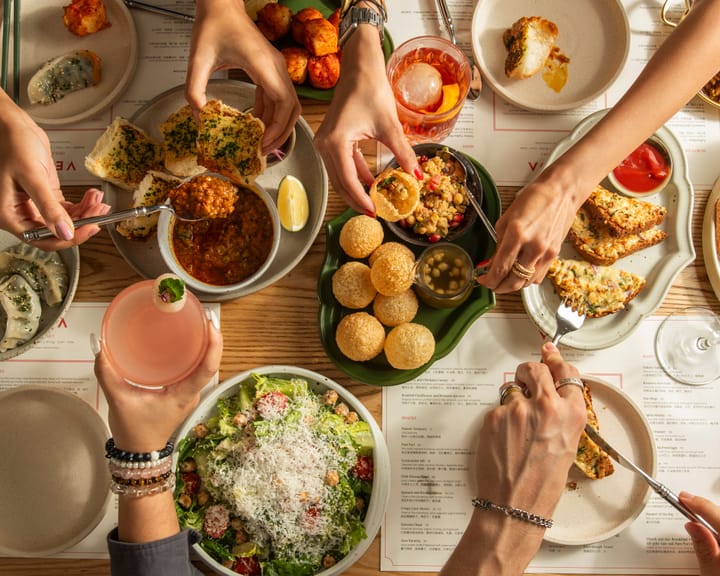India’s Supreme Court says that families are families, no matter how “traditional” they are

A few minutes every morning is all you need.
Stay up to date on the world's Headlines and Human Stories. It's fun, it's factual, it's fluff-free.
India’s march toward LGBTQ+ equality has been, well, more of a trudge, to be honest. It took until 2018 for a court to decriminalize sex between men, and though same-sex marriage is still illegal, a challenge to this is working its way through the court system. (In fairness, it’s been faster on these issues than Singapore, which just last week announced it was decriminalizing same-sex intercourse, but that it would also essentially make same-sex marriage illegal.)
On Monday, though, India’s Supreme Court ruled on a case involving maternity leave for a woman who had adopted her husband’s kids from a previous marriage and then conceived a child of her own. Although the case didn’t directly involve LGBTQ+ folks, the ruling made it clear that non-traditional families should be treated equally under the law. This ruling means that those families, in whatever form they may take, are entitled to the same social welfare benefits they’d get if they looked more like a traditional family. This is a big deal, especially since Indian society puts quite a lot of emphasis on heterosexual marriage, and homophobia is still an issue throughout much of the country.
Key comments:
The law “must not be relied upon to disadvantage families which are different from traditional ones," wrote the two-judge panel in its decision. “Familial relationships may take the form of domestic, unmarried partnerships or queer relationships."
“Such atypical manifestations of the family unit are equally deserving not only of protection under law but also of the benefits available under social welfare legislation. The black letter of the law must not be relied upon to disadvantage families which are different from traditional ones. The same undoubtedly holds true for women who take on the role of motherhood in ways that may not find a place in the popular imagination," read the opinion.
“It was challenging when we went for school admissions, we could only have Nicola on the form as a ‘friend’ or ’emergency contact,'" said Raga Olga D’Silva in a 2021 interview about being in a same-sex relationship with children in India. “The same was true for health-related decisions regarding the children. She couldn’t legally make decisions on their behalf. She was never accepted as a parent."




Comments ()